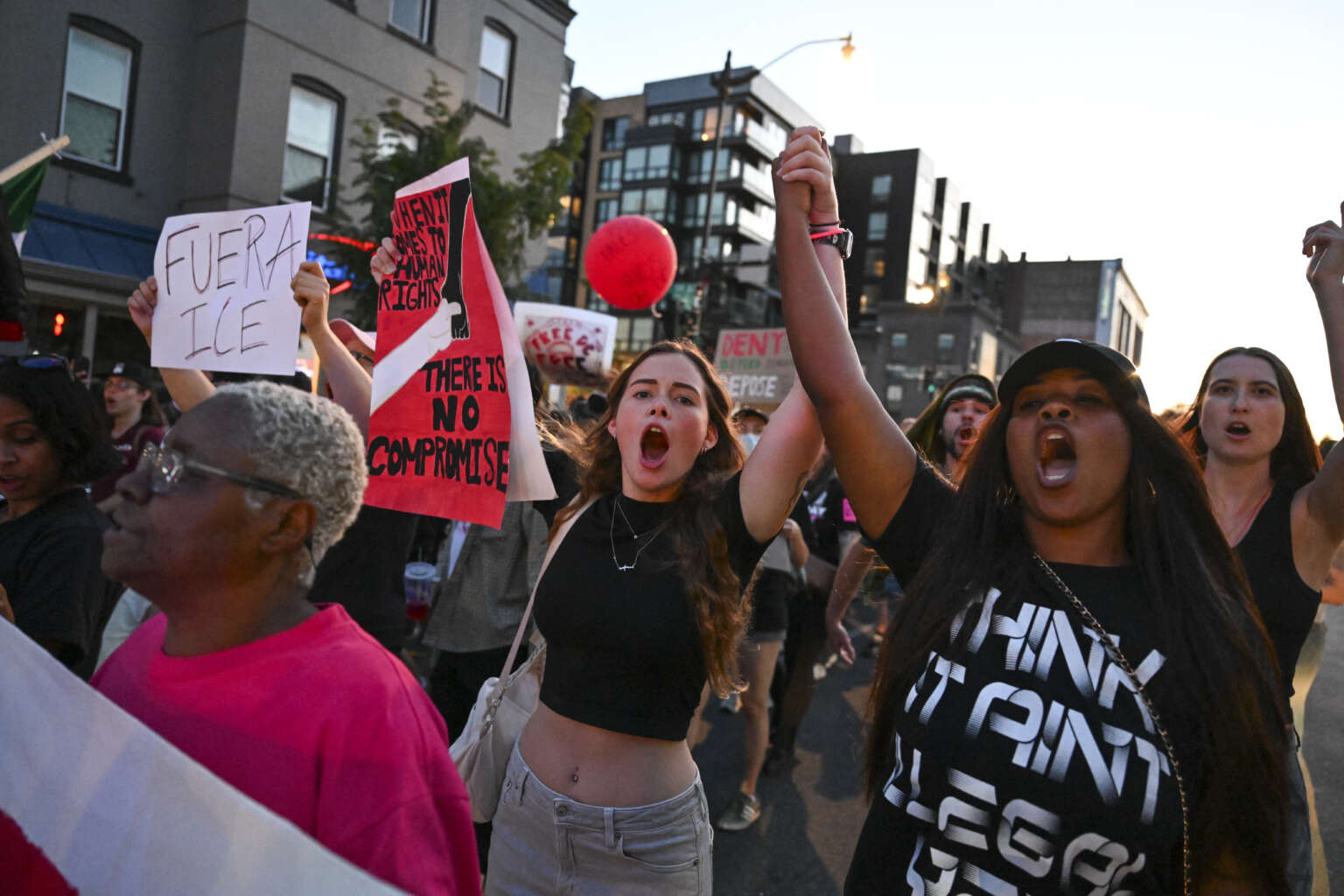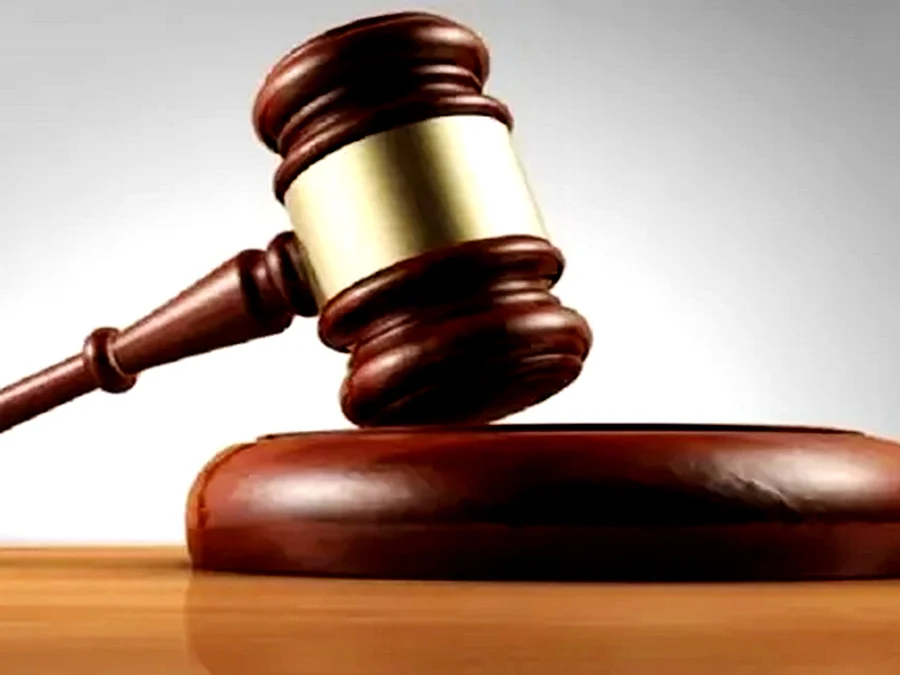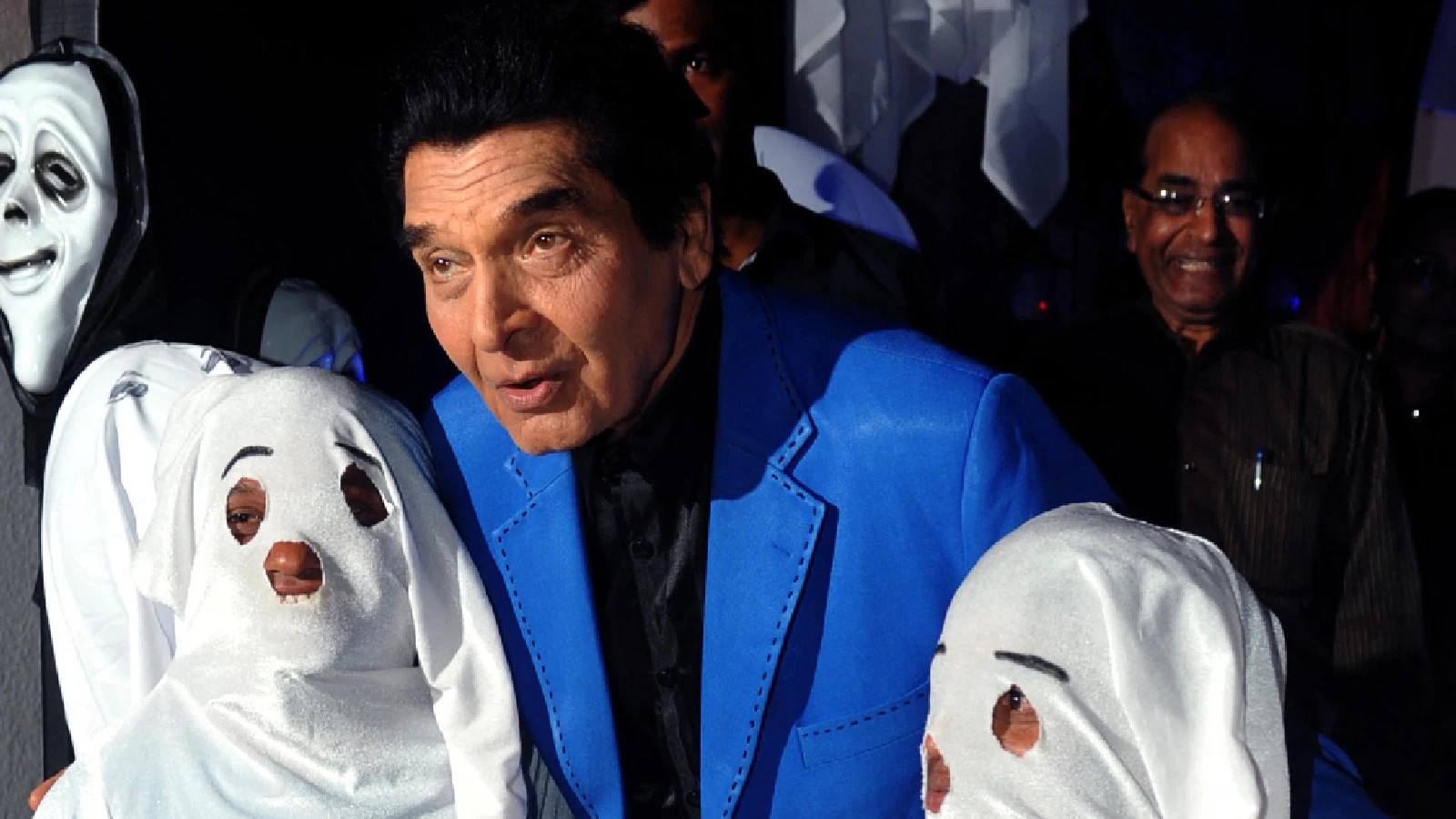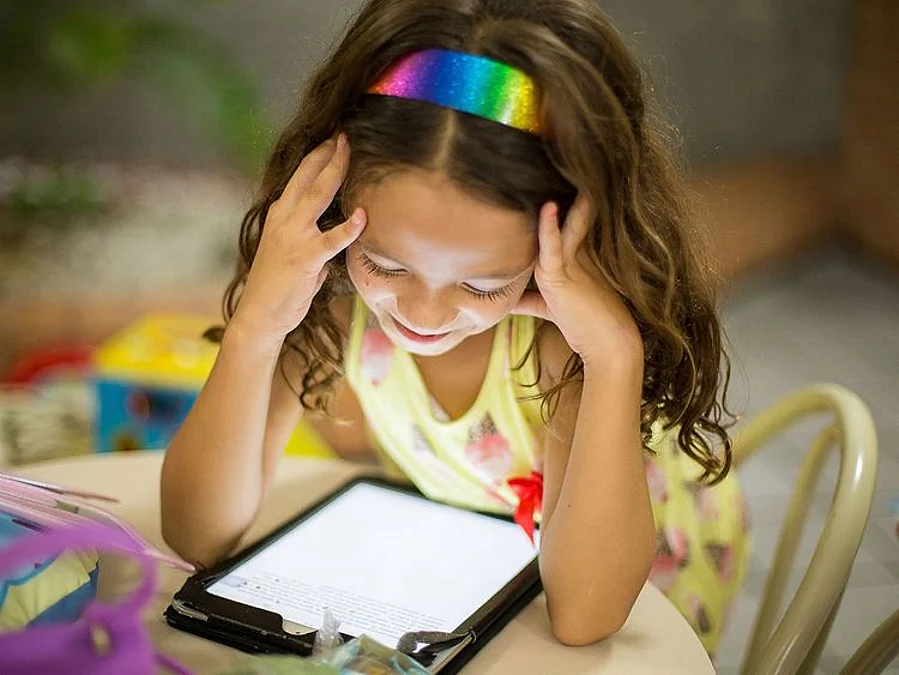Copyright truthout

In a moment when the world feels like it’s on fire, the only thing we can count on is each other. Relationships and care are not just the foundations of any functioning society, they are the tools necessary to rebuild a failing one. As we’ve seen throughout 2025, communities have been scrambling to respond to the relentless onslaught coming from the federal government, the corporate class, and the well-funded institutions of the global right. Many people are waiting for the march to arrive or the rally invite to come. And we are still waiting. What most of us need to hear in this moment is a reminder from a friend or mentor of what is possible. The antidote to the lack of momentum that so many of us have felt this year is a confident message from those who care for us, engagement with our bitterest questions, and an acknowledgment that someone else is seeing what we are. This is why writer and organizer Kelly Hayes put together the anthology Read This When Things Fall Apart, a collection of letters from journalists, organizers, scholars, and street activists sharing messages with readers. These are sometimes warnings and other times heartfelt validations or moments of critical movement education, but all of them speak to an essential need that all of us feel in a year like 2025. I spoke with Hayes about her work and her book — what drove this project, and what messages we need to hear, or she needs to hear, to transform crisis into revolution. Shane Burley: Your work has been rooted inside social movements rather than observing them from afar. What do journalists and media tend to miss when they cover movements at a remove? Kelly Hayes: Organizers and organized communities are storytellers. Every campaign, direct action, community mural, or chalked sidewalk is a story — often one with high stakes, where people’s lives and livelihoods hang in the balance. Journalists who aren’t rooted in movements often don’t seek to share those narratives — they look for a hook to exploit instead. I started writing up my own pieces about local protests over 15 years ago out of frustration, because our movements were being covered so poorly. I remember working on a memorial protest where we created some artistic imagery to honor everyone who had fallen to violence in Chicago that year, and we had speakers who searingly laid out who was to blame, calling out the systems that failed these people, and the racist, violent cops — who had also surrounded that vigil like an army, ready to pounce on us as we grieved in the freezing cold, in downtown Chicago. A local paper released a video of that action, showcasing the beautiful imagery we created, but included none of the stories people told or views they shared. There was nothing about the police who surrounded us. They made it look like an arts and crafts project. I knew we deserved better, and that our communities deserved better, so I started writing the stories I thought we deserved myself. This book takes the form of letters to activists — today and tomorrow. Why choose that form? I think there’s something very personal and human about letter-writing, and that this is a time to hang on to what’s personal and human. AI is infiltrating everything, including people’s personal communications. When human sentiment and the conveyance of our thoughts, feelings, and experiences is being outsourced to machines, I think we need to double down on intimacy, on empathy, on what’s impossible to replicate or impersonate about the experience of being a human who is trying, sometimes failing, and getting back up again. I also think we need to lean into personal communications between people who want to do good, rather than getting caught up in the performative dynamics that social media has thrust upon us. So, in some ways, this format was about what we are pushing back against, and in others, it’s about traditions and ways of being human together that we think are worth holding onto in these times. Letter writing is a movement tradition that spans continents and generations. It’s how people smuggled the truth of their realities out of countless oppressive environments. It’s how people extended asks, appealed to each other’s humanity, and educated each other, across time and space and so many divides. Today, in the United States, letters are a crucial means of staying connected with incarcerated people, whom the norms of this society would have us forget. The people in my life who write the most letters — and I mean thoughtful, full-length letters — are people who are incarcerated or who have incarcerated pen pals. Letter-writing is an act against forgetting, a refusal to abandon, and a way of smuggling the truth about oppression and intolerable conditions across an artificial, but violently imposed, divide. I see that as a defense of our collective humanity that makes other acts of solidarity possible. Sometimes, by writing to people who are in the throes of struggle, we are not simply honoring or showing concern for their experience, but also refusing to forget our own values. I have learned so much from my incarcerated comrades, like Stevie Wilson, who honored this project by contributing a letter for the book. The insights incarcerated and formerly incarcerated organizers have shared with me about organizing, and finding and making hope under impossible conditions, have been groundbreaking for me, and for other organizers I work closely with. Sometimes, we rescue each other with words. We learn from each other, we remember who we are, and we are called to act by people we engage deeply with. We chose letters because we want to lean into that feeling of deep engagement, that sense that we are reaching for each other, and invite people to extend themselves in ways that are real and personal, that involve risk-taking — rather than simply posting through the ascent of fascism. Tell us about the letters themselves — who is writing, and from what vantage point? Well, if you think about who someone like me would know and be friends with, that gives you a sense of the kind of folks who are in this book. People like you, who I have been in conversation with for years about the rise of fascism and how we can fight back. People like Atena Danner, Maya Schenwar, Eman Abdelhadi — who are among my best friends here in Chicago, and whom I have built projects with, marched alongside, and taken risks with. People like Ash Williams, who I met in a warehouse, when he was learning from me about direct action, and who I would later learn from, and take mentorship from, when I became an abortion doula. People like Chris Begley, whose work, and whose generous discussion of that work, has helped shape my thinking. People like Leanne Betasamosake Simpson, whose analysis, letter writing, and invitations have changed my life. In this book, we’re all writing from a place of knowledge and experience to people who are experiencing a particular crisis, and extending an outstretched hand. These letters are about saying, You’re not alone in having experienced this, or in panicking about it. I’ve been there, and here’s how I kept going. They’re about helping people reorient themselves, and maybe make the next right move for themself, and for their community. They’re about helping people hang on, and stay in our movements, and also about inviting people to venture with us away from despair. Despair can be deadly, and I know we are losing people to it — and I am not just talking about people walking away from our movements. I am talking about folks giving up on other people, giving up on this world, and simply not wanting to be here anymore. I know what that feels like, and I know what it feels like to not only claw my way back, but have hands to grasp, and people to help me forward on my way out of that darkness. I want that for all of us. I want us to love life together, in opposition to all of this death-making, and this book is a care package toward that end. It’s something that a group of people, connected by friendship and struggle, made for people who believe in a better world, or want to believe, and who have been trying to build one. Those people deserve an outstretched hand. They deserve a letter to read at 3:00 am when they can’t stop thinking about the spiral they’re in, or everything that’s wrong in the world. This book is a bundle of letters for those people to reach for when things fall apart. What lessons were you hoping to pass on to new generations of organizers? What do you think people most need to hear right now? That’s a massive question. There are so many lessons that need to be shared right now. That’s one of the reasons this book is a group project — no one person could have written it. None of us carries all of the wisdom and experience contained in this book. This is a time to share and deconsolidate everything we know about the work of collective survival and about how to weather the kinds of storms we’ve endured. Things are hard right now. I’m in Chicago, where Immigrations and Customs Enforcement (ICE) is bearing down on our communities with a vengeance — and what they are lashing out at is our embrace of people they would expel, or even annihilate, if they could. In everything I have done out here, as an activist and an organizer, in this moment, from enduring onslaughts of pepper balls and tear gas to doing rapid response work in my community, I have drawn on the wisdom of people who had much more experience with these threats — people who taught me practices and ways of being that allow me to act with agency and care, rather than simply feeling battered by the violence of the moment. I have been the beneficiary of so much shared experience. And one of those lessons is to keep moving, to keep caring for ourselves and one another — to go hard, but to find ways to make that struggle sustainable, because we cannot move relentlessly, at a breakneck pace, when there’s no end in sight. We need to care for our own bodies and minds, and extend care to others, so we can keep doing what needs to be done. In some ways, I think all of the letters in this book are about how to endure without coming undone, without being broken apart by something, and how to keep moving toward liberation, toward collective care, toward the things we make possible when we pool our capacities and make shared commitments. Refusing to give up in apocalyptic times is an act of love, and in some ways, it’s an act of faith — it’s about making a commitment to what’s sacred to us, and refusing to abandon those people, places, and beliefs. I want people to have the tools to do that. Coming after the widely read Let This Radicalize You (with Mariame Kaba), what threads connect that book to Read This When Things Fall Apart? What did you learn from writing and sharing the first that shaped the second? In some ways, I think of this book as an unofficial, spiritual sequel to Let This Radicalize You — though I haven’t run that characterization by Mariame, and I would be interested in her thoughts. Let This Radicalize You was written for newer organizers. While Mariame and I are both honored that it has been useful to a much wider audience than that, it was written for people who were newly stepping into the fray. We were trying to write the book we wished had existed for us when we were new to movement work, and I think we did that. Read This When Things Fall Apart was written for people who are in the muck and the mess of struggle, thinking, How the fuck did I get here? How the hell did this happen? How do I, or we, get out of this mess? For me, it felt like a responsible way to follow up on having welcomed people to the shit show of trying to change a world that’s simultaneously burning, flooding, and becoming more fascist. If you are going to invite people into the thick of disaster, knowing that there are certain things that will always go wrong in movements, and things that will go increasingly wrong in new ways, in these times, it makes sense to prepare some care kits and packages. It makes sense to help people find their way out of some of the traps and mazes you know they’re going to fall into. Because in organizing, we don’t just put people to work and hope for the best. We struggle together, and we share whatever lessons and provisions make that shared struggle possible. The obvious question: Are things falling apart? How are you experiencing this catastrophic year? Where do you see cracks, silver linings, or sparks of hope? Yes, things are falling apart. They have been for a lot of people for a good while now. There are cities that are nearly underwater or that have been burned away because of how far gone things are. We’ve clung to normalcy, in the face of mass death and collapsing conditions, here in the U.S., because our credit cards and air conditioners still work. Now, under fascism, we are experiencing an acceleration of what imperial conditions have wrought for so many people around the world, including the deprivations of liberty, repression, and the denial of food and medical care that have often been restricted, not only by wealth, but by borders. I am not saying this to shame us, or trying to erase the fact that there are people, here in the U.S., who have experienced deteriorating conditions for many years, but I am saying that the consequences of our lived reality are here and that the horrors this system has so often outsourced are now at our doorstep. When people in the U.S. fought for their humanity, or for their rights as workers, for example, the capitalist system didn’t say, “you’re so right, everyone should be treated like a human being who is entitled to safe working conditions and a livable wage.” It said, “fine, maybe you are entitled to those things, here, under the law, so we’re going to have people who look different than you, who speak a different language, and who live in a country with fewer environmental and labor laws, make our products.” Then they sold us those products, cheaper than before, and we bought them, while we tried to keep adapting to an economy where long term, sustainable jobs that could support a family, or even a single person living in a major city, got scarcer. This has been a long trajectory, and there has been a lot of dehumanization along the way. Now, we are faced with fascism — and every fascism has its “subhumans.” To the MAGA power players, migrants and trans people are the subhumans, and making a spectacle of their suffering is their redemptive offering to aggrieved white people — because they have nothing constructive or materially helpful to offer them. To the techno-fascists and the billionaire class, humans who aren’t pulling the levers of power alongside them are the subhumans. Humans are the subhumans. We are all expendable, as they strip mine the world for parts, and treat the apocalypse like a video game they can win. These are dystopian times, and our enemies embrace that. But, of course, I have hope. As Mariame reminds us, hope is a discipline. I make hope, in concert with other people, every day. I chart my political commitments and aspirations, and I move toward them. This past week, there was a day when I was one of hundreds of people on the street in my neighborhood, doing ICE watch and rapid response work. A neighborhood rose up to protect their neighbors. There are people who are still here among us, where they belong, because of those efforts. How could I not find hope in that? I see flashes of what we, as human beings, could do with the world all the time. And my life is about steering toward those possibilities, even when the odds are long, or the window we’re aiming for is small — because that’s what’s worth living and fighting for. There are things we don’t surrender, and things we don’t surrender to. So, sometimes, we make the light we need to stay on the right path. We can only do that together, which is why the isolating, alienating nature of our society is so dangerous and deadly. We need to find each other. We need to help each other. And unfortunately, we are messy, often disappointing creatures, who, in many cases, have forgotten how to talk to or even tolerate each other. I think hope begins with finding other people and trying to do some good together, even though it will be messy and hard. We’re worth it. Other people are worth it, in spite of all the ways we infuriate each other. If you had received a letter as a young organizer, what messages do you wish it had carried? Oh God, there are so many things I wish someone had said to me when I was younger. For one thing, I wish someone had told me that feeling things as deeply as I did was a strength. I thought I was hopelessly broken, because I couldn’t walk through this world, seeing what I saw, and feel normal. I didn’t want normal. I didn’t understand how anyone could see what I was seeing and just go about their lives without feeling undone by it all. I thought I was missing some psychological component that made all of this navigable. And in truth, I did need some help learning to process and cope. But what I didn’t understand then was that the normalization, the cognitive styles, the kind of sense-making that allows people to ignore atrocities, and to participate in a systemic death march, without reacting. That stuff is far deadlier than my tendency to feel it all — and deadlier for a lot more people. I seriously thought that something was missing, in my brain, that made life livable for other people, and that the absence of that thing was going to kill me. I didn’t understand that the absence of awareness, of empathy, of commitment to making things otherwise — that was the real crisis, not me, over here, having a lot of good ideas and hurt feelings about what was going on. I needed help and healing, but beyond that, what I needed most was to know that there was a path, and other people who felt the same pain, and that I could build alongside them. That I didn’t need to be tougher, as some of my early, masculinist exposures to activism suggested, but that I actually needed to nurture the soft parts of myself, the parts that allowed me to engage meaningfully with other people’s pain, and with the pain of the world. I wish someone had told me to nurture those parts of myself, and that they had explained that most people aren’t wicked or wholly uncaring. A lot of times, people are simply hiding from what they don’t know how to change, or don’t believe can be changed. They are recoiling from what they would not know how to process, endure or engage with. So, often, what we are doing, as we organize, is inviting people to be curious, and to open up the door to let some truth in. And we sometimes have to hold people’s hands, and help them see that by letting in the things that hurt, they’re also allowing the light of possibility into their lives. If someone were to write you a letter today, what would you need to hear? If someone wrote me a letter right now, I would want it to say, “I see you. I believe in you. I see that you all need support, and I’m not going to leave you hanging.” Because those of us who are really up against it right now need more decent people — who know that what’s happening is evil, and that evil must be opposed — to stop posting through it and get their hands dirty. We need everyone to try. Whatever that looks like for you, we need people to find their lanes and go. So, if you’re writing me a letter, for this moment of crisis, please tell me you’ve got our backs, and that you’re on your way. Tell me you’ll be here soon.



